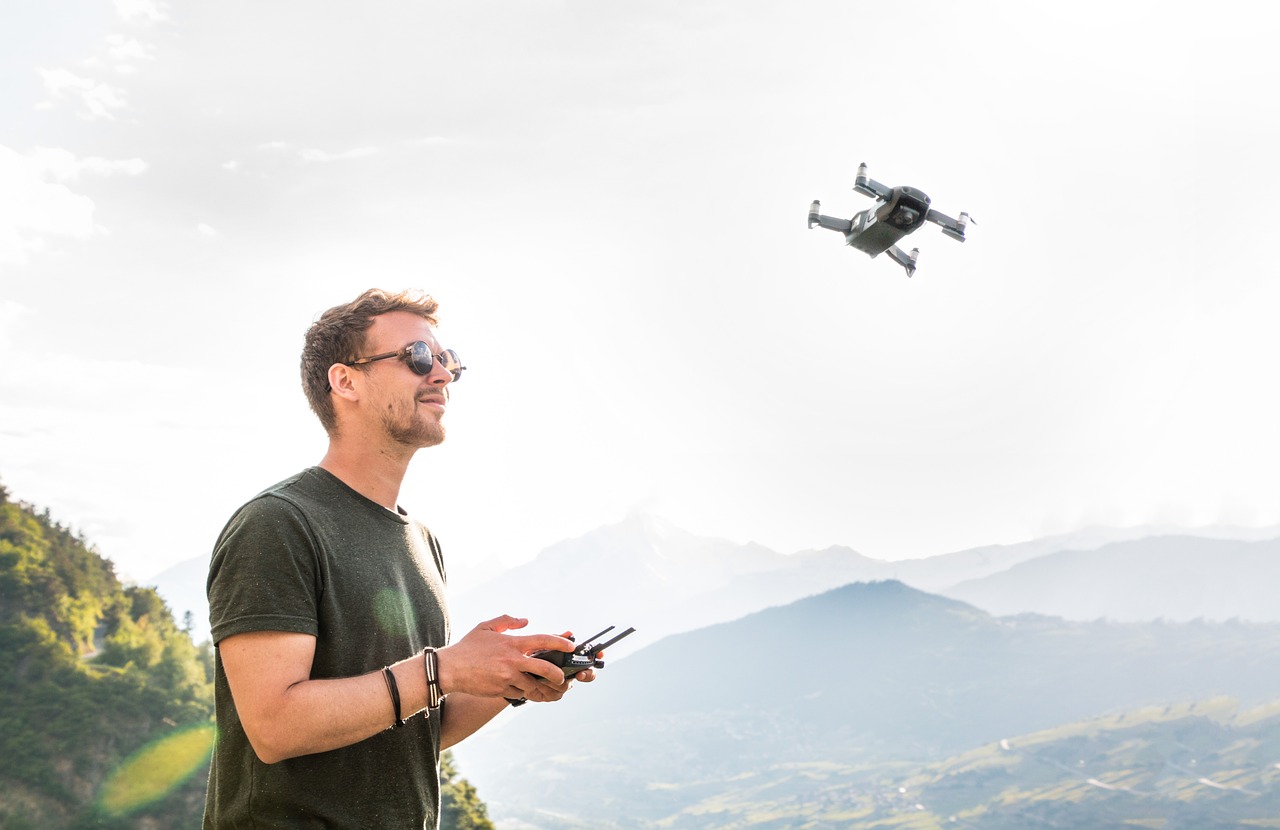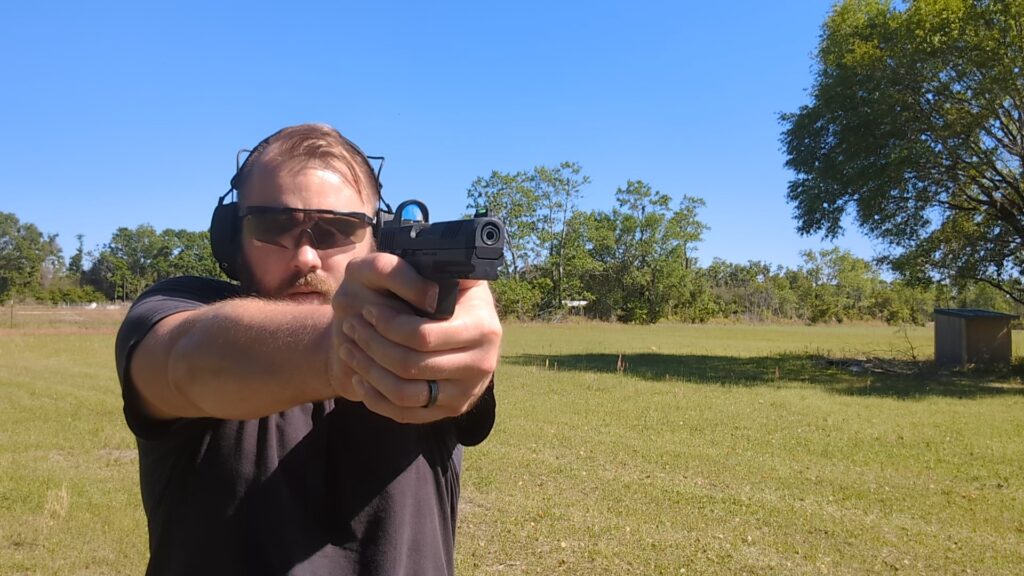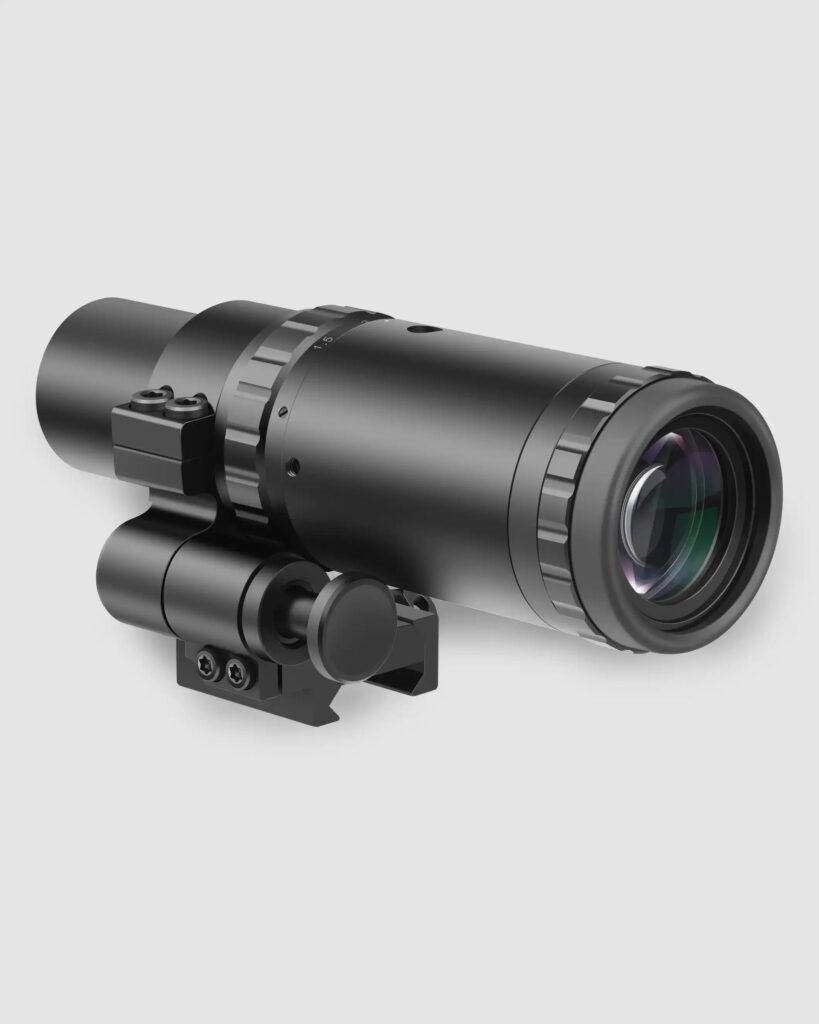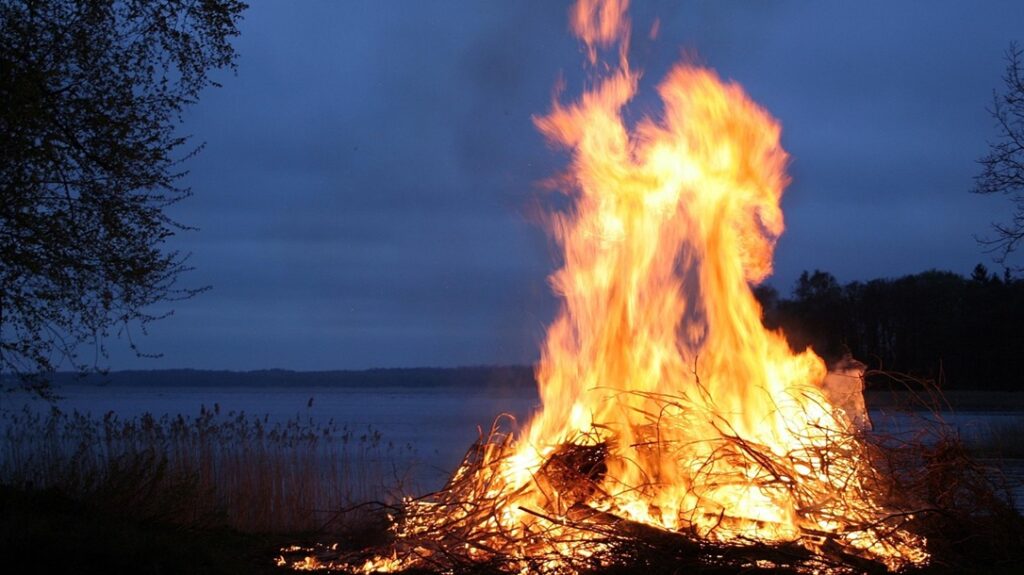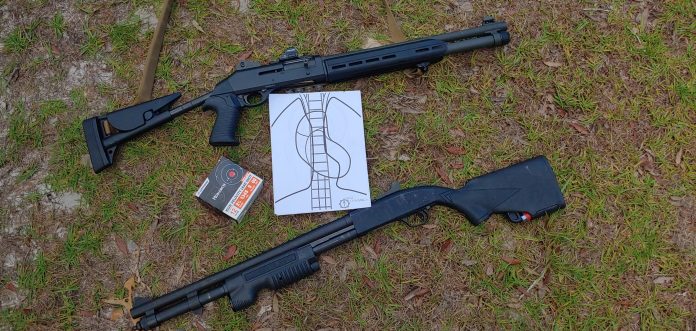Is there a home for drones in your prepping plan? I’ve been giving this a lot of thought lately. There are several uses a prepper might have for a drone.
Storm Aftermath
If you have a bad storm come through, whether we’re talking about a tornado, derecho, or just a run-of-the-mill hurricane, there’s a fair chance you’ll end up with some damage to your home or property. Rather than climbing a ladder to the roof, you can use a drone to check things out.
A drone can fly out to check fence lines as well as determine if other trees in the area look to be damaged. You can do the same for your neighbors, of course. You might even be able to use a drone to figure out exactly where your trampoline ended up.
Advertisement — Continue Reading Below
Extending a little further out, you can use drones to see if any power lines are down in the immediate area, causing possible hazards if you need to leave. If your power is out, you might be able to see the extent of the outage.
Evacuation
Let’s say you need to evacuate your home and you run into a traffic jam. You could use a drone to fly ahead a bit and see what’s causing the problem. This intel can be used to make an informed decision as to whether you want to stay there or try a different route.
Drones can be similarly used to check all of the roads in the immediate area. If you decide to abandon the main route, you can fly up and see where traffic is lightest. The viewpoint could also reveal hazards you’d otherwise not see until it’s too late. One example would be roadblocks, whether planned and manned or just fallen trees and the like.
Advertisement — Continue Reading Below
If time is of the essence, drones can help you find the path of least resistance and allow you to get out ahead of the crowd.
Defense
No, we’re not talking about arming drones, though obviously, that is a thing that exists. Instead, we’re focused on using a drone as an information-gathering tool. If the local area has devolved to where the rule of law is sketchy at best, you can use drones to keep an eye on your perimeter. With just a little practice, you can fly them quite high and get a true bird’s-eye view of the area.
Some models are equipped with night vision, which expands their use a fair bit. If you’re not afraid to spend a few bucks, you could even purchase a drone with thermal imaging capability.
Advertisement — Continue Reading Below
While there is an argument to be made that deploying drones can alert people to your presence and perhaps even your location, the value of the information drones can provide to you may outweigh those risks.
Grid Down Considerations
One of the first arguments I hear against purchasing one is that it could be rendered useless in the event of an EMP (electromagnetic pulse). Even if drones are still working, GPS (global positioning system) functions may be down.
While all of that’s true, drones could prove quite useful in any disaster that doesn’t involve EMP. Personally, I’m okay with those odds. Also, drones only need GPS for a few of their higher-end functions. Most, if not all, drones can be flown manually.
Advertisement — Continue Reading Below
Of course, drones run on electricity, so you’ll need to have a way to recharge the batteries. Many preppers these days have accounted for some sort of energy production, such as gas or solar-powered generators.
Do I Need a Drone?
As with any tool, you need to weigh the cost versus benefit. Everyone’s situation is different. Good quality drones aren’t cheap. There’s also an investment of time in learning how to use one effectively. For many people, this isn’t something you’ll be able to master in just an hour or two.
That said, there’s a lot of value in having an extra set of eyes, particularly if those eyes can see much further than you can.
Advertisement — Continue Reading Below
